“I walked into the hospital with my daughter and admitted my partner had split my C-section open”
Victims don’t have a choice when it comes to abuse, but some things happen in our childhood that make us more likely to accept it
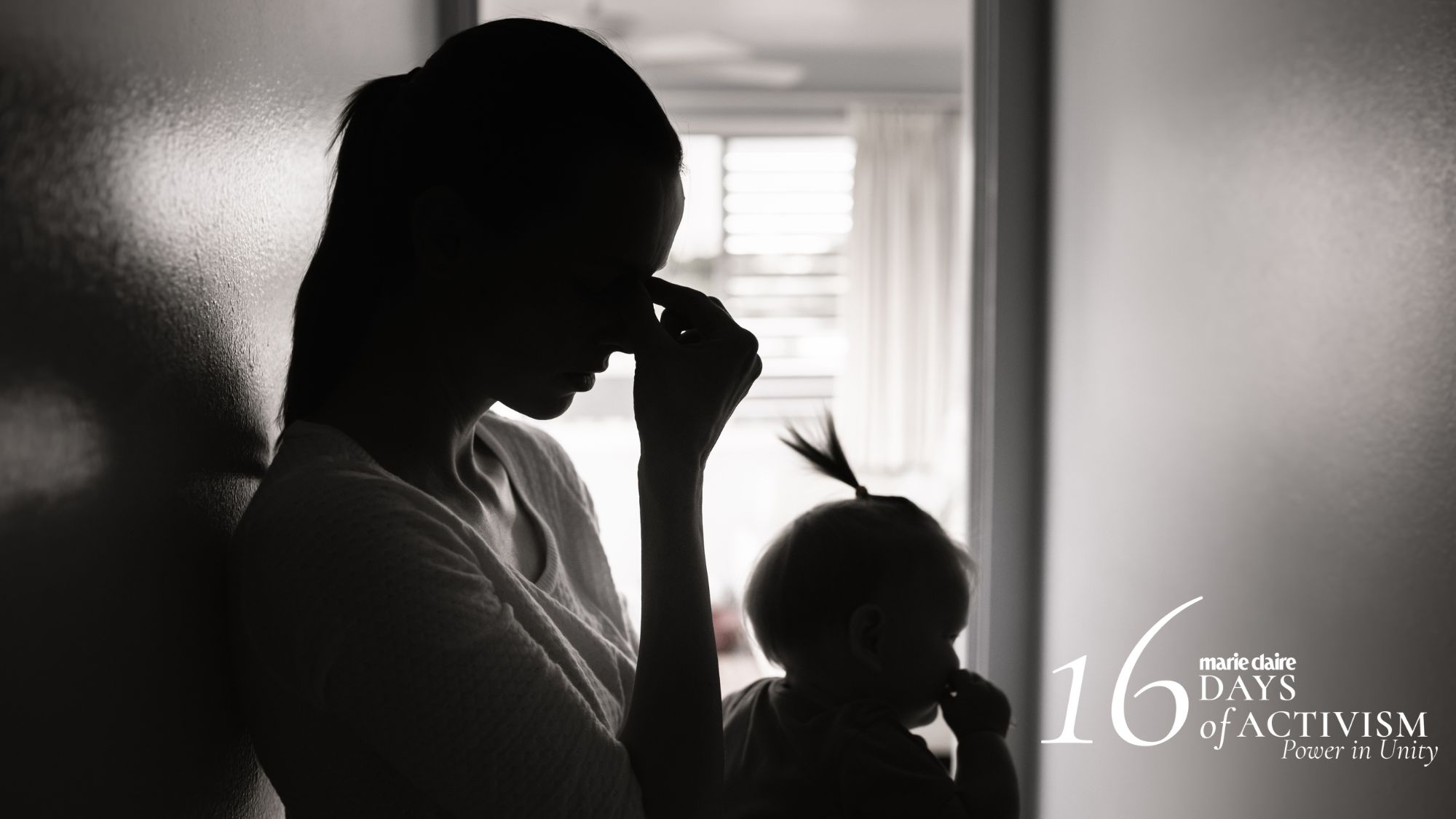

Charlotte Clarke, a children’s behaviour specialist, was abused by her partner for years. When she was pregnant he threw her against a wardrobe, and her waters broke, forcing her into early labour. Six days later, she walked back into the hospital after he tried opening her C-section with a kitchen knife after she tried phoning the police. That’s when she knew it had to end.
As part of our 16 Days of Activism Against Gender-Based Violence campaign, Charlotte shares her experience of domestic abuse and, most importantly, how she brought herself to escape. Looking back, she still wonders how she became someone who would ‘tolerate’ abuse — as if victims ever have a choice. She now recognises that abuse begins at the thinnest end of the wedge, but it isn’t until you reach the thick edge that you realise what’s happening...
By Charlotte Clarke
“My daughter was just a few days old when I left my abusive partner. As is often the case, our relationship began as a whirlwind romance and at 32, I thought my chance of finding ‘the one’ had finally arrived. Despite being told I couldn’t conceive naturally, I got pregnant quickly and it felt like my happily ever after was confirmed.
I don’t know when things first went wrong, but I know I didn’t see things clearly until it was far too late. It’s hard to understand why I let such awful things happen to me and how I willingly gave him so much control. With hindsight (and insight), I can see that victims don’t have a choice when it comes to abuse, but some things happen in our childhood that make us more likely to accept it.
I was five months pregnant when he wouldn’t let me get into our bed because I’d picked the wrong packet of ham in the supermarket. In the morning, I wasn’t outraged, I didn’t pack my things and leave. I wasn’t even angry, I was just desperate to make things OK and hear that he loved me. That might sound bonkers, but it’s the same behaviour we see in schools that don’t welcome children into the classroom if they are wearing the wrong socks/hair ties/earrings.
I thought about all the times adults had told me to stop crying and pull myself together
When he threw me into a wardrobe and broke my waters, he defended his actions by telling me he was just a ‘reactionary’ man. I know it sounds ridiculous, but I wonder how many children are shouted at and punished and shamed by ‘reactionary’ adults who tell them that as long as they don’t speak, fidget or share their opinion, everything will be fine?
Marie Claire Newsletter
Celebrity news, beauty, fashion advice, and fascinating features, delivered straight to your inbox!
When I cried he’d tell me nobody wanted to hear my pleas or see my tears and that my baby would be taken off me if anyone knew how weak I was. I thought about all the times adults had told me to stop crying and pull myself together.
Only 18.9% of women who had experienced partner abuse in the last 12 months reported it to the police.
When I walked into the hospital with my daughter in my arms and admitted that my partner had split my C-section open, I knew most people would think that could never happen to them and more still would think it could never happen to their children.
Yet the road from where they stood to where I was is easier to follow than you might think. By the end of last year, the police had recorded a domestic abuse offence approximately every 40 seconds, according to ONS. Data from CSEW for the year ending March 2023 shows that only 18.9% of women who had experienced partner abuse in the last 12 months reported it to the police.
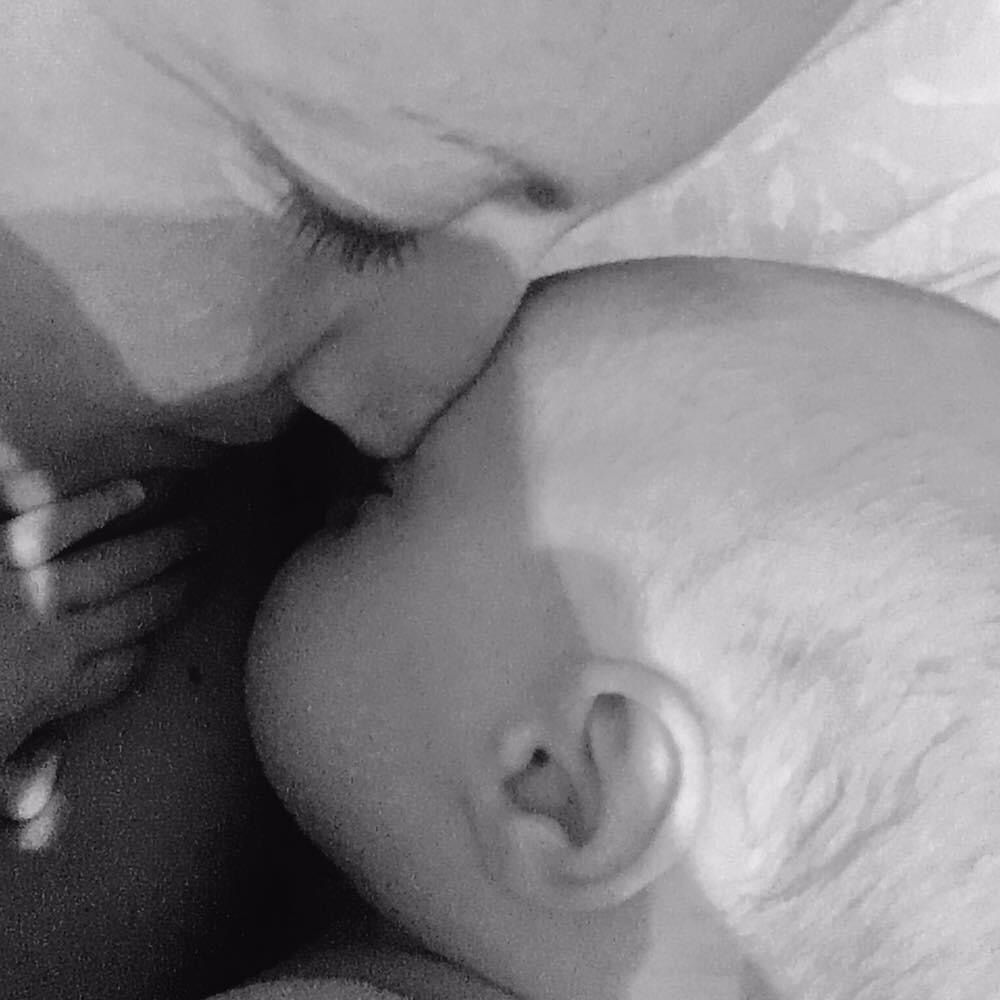
Charlotte Clarke with her baby daughter
I understand why so few women come forward about abuse, but it makes me wonder what this teaches children and young people about shame and control. As I see it, the issue isn’t about the amount of love we have for our children, or even each other; the problem lies in how we uphold boundaries, advocate for ourselves — and others — and respond to other people’s behaviour.
There are lots of things that can lead to young people accepting coercive controlling behaviour, but it doesn’t help when they grow up with overwhelmed, uninformed and otherwise unsupported adults — whether intentional or not — who say things like, “Get out of my sight”, “I don’t like you very much at the moment” or “You don’t deserve a bedtime story tonight because you have been so naughty”.
These formative patterns play out in schools too when children are publicly shamed with behaviour charts or put in solitary detentions. Or when the adults in their lives erupt at the first sign of disruptive behaviour and shout, shame and degrade children who don’t meet their expectations.
When we shout at children for disappointing or angering us, we teach them that they are responsible for our emotions
Of course, children and young people need to learn how to behave, but they also need to learn what healthy relationships look like. As adults, we need to be clear and consistent with our expectations — as well as realistic.
When we shout at children for disappointing or angering us, we teach them that they are responsible for our emotions. Instead, we should learn to be strong on boundaries and big on heart. We can do this by saying things like, “You really matter to me but disrupting learning for others breaks our agreement and I’d like to talk about how we can make tomorrow’s lesson better for everyone”.
Relational practice means that children can learn how to behave without having their sense of self damaged. This means children feel safe, secure and supported and it provides the early building blocks for relationships that are calm, fair and predictable.
When I left the hospital and walked into the unknown, I promised my daughter that I would make her life different. I knew I needed to not only make sure she has everything she needs and deserves, but enough self-confidence to accept it. As my confidence grew and I began repairing my own relational blueprint, my ambition to protect my daughter evolved into a mission; to champion healthy relational blueprints for other children.
Some days that means I help schools embed relational practice, other days I work with families to develop homes free from shame. Every day matters because the sooner our children and young people feel and experience positive relationships as the norm, the sooner they will have the ability to recognise the warning signs of abuse. I don’t want anyone to grow up thinking what I went through is normal.”
Charlotte Clarke is a children’s behaviour specialist, you can find out more about her work and join the mission to wrap every child in relational care here.

Mischa Anouk Smith is the News and Features Editor of Marie Claire UK.
From personal essays to purpose-driven stories, reported studies, and interviews with celebrities like Rosie Huntington-Whiteley and designers including Dries Van Noten, Mischa has been featured in publications such as Refinery29, Stylist and Dazed. Her work explores what it means to be a woman today and sits at the intersection of culture and style. In the spirit of eclecticism, she has also written about NFTs, mental health and the rise of AI bands.
-
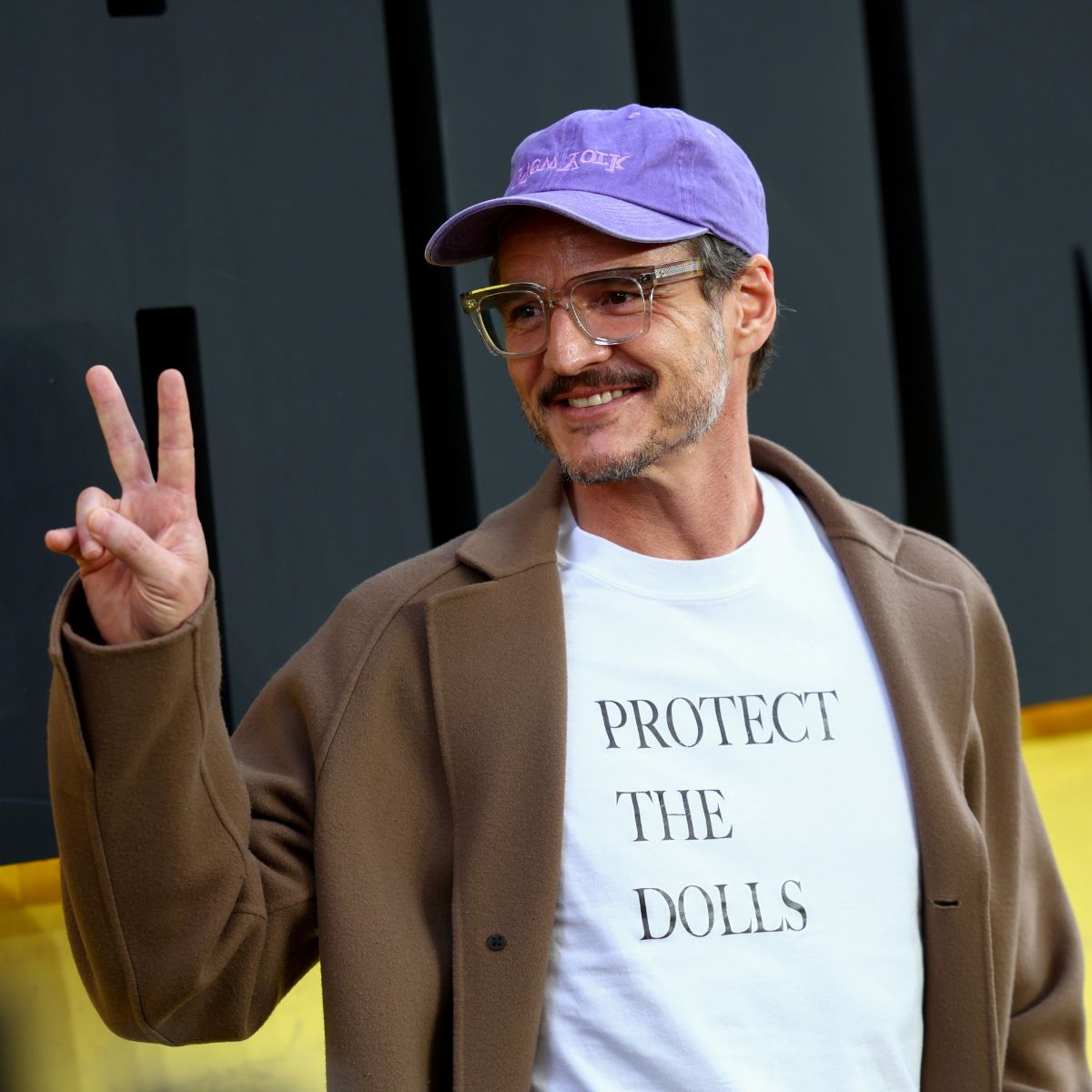 How the slogan t-shirt became this season's must-have - and why it's more than just another trend
How the slogan t-shirt became this season's must-have - and why it's more than just another trendNot just another Nineties throwback
By Clementina Jackson
-
 How are Trump’s tariffs affecting the fashion industry?
How are Trump’s tariffs affecting the fashion industry?The fluctuating situation in the US is having very real consequences
By Rebecca Jane Hill
-
 Here's every character returning for You season 5 - and what it might mean for Joe Goldberg's ending
Here's every character returning for You season 5 - and what it might mean for Joe Goldberg's endingBy Iris Goldsztajn
-
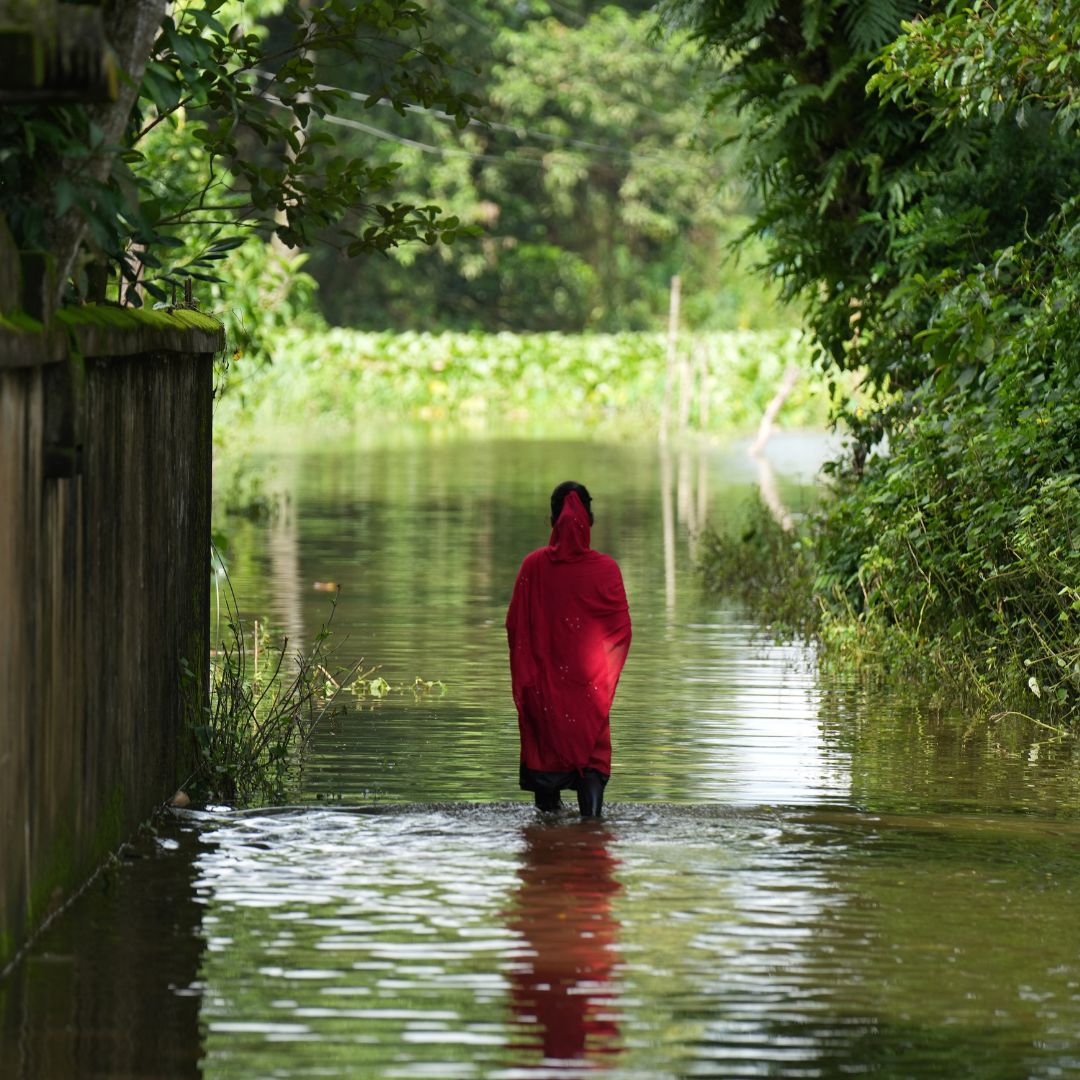 Women and girls are bearing the brunt of the climate crisis—they’re also leading the fight to solve it
Women and girls are bearing the brunt of the climate crisis—they’re also leading the fight to solve itWhy the climate crisis is a women’s rights crisis
By Mischa Anouk Smith
-
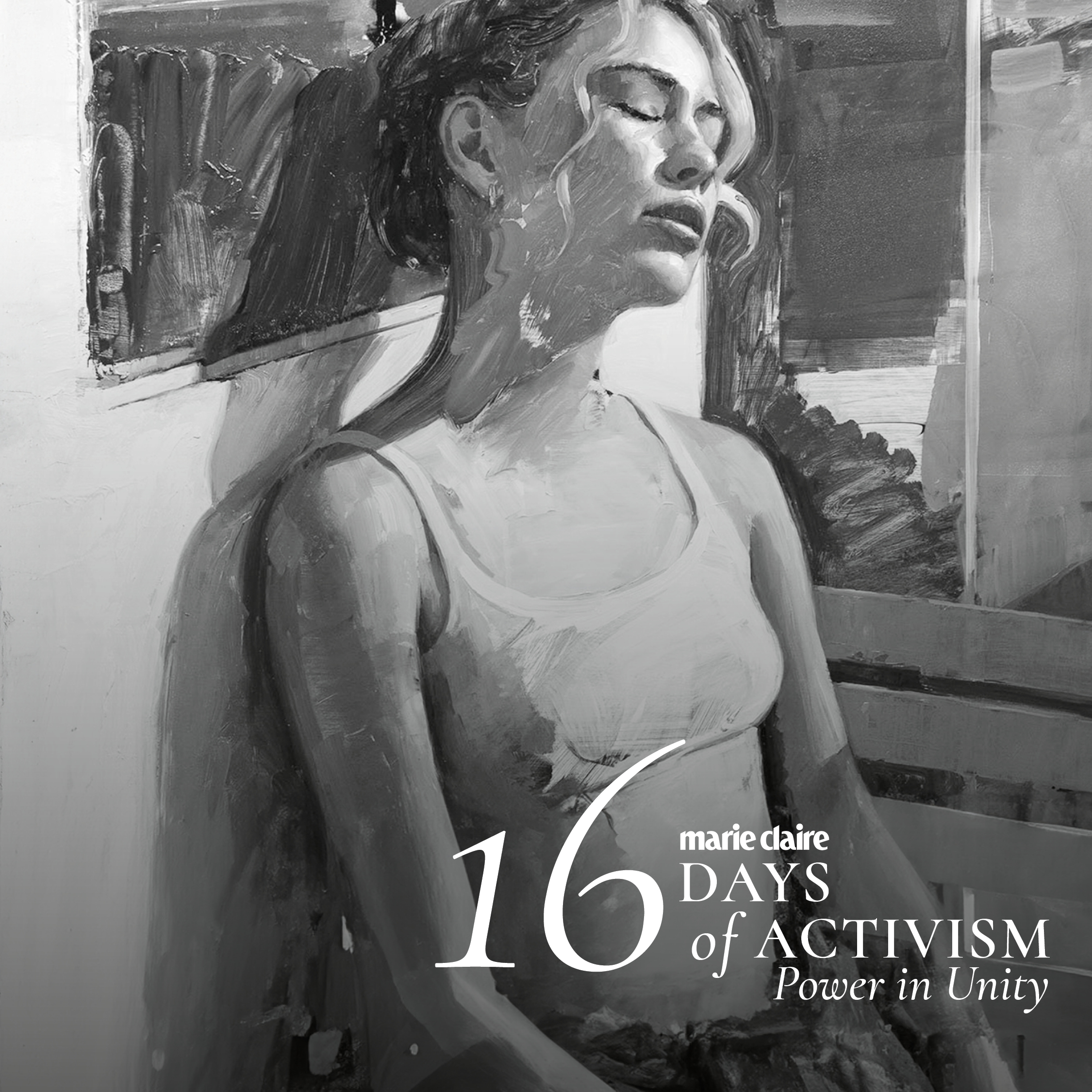 “I was trapped in a pattern of toxic relationships – it took years to break free”
“I was trapped in a pattern of toxic relationships – it took years to break free”My capacity for catching red flags had been erased (obliterated, really) before I was even old enough to buy lottery tickets
By Mischa Anouk Smith
-
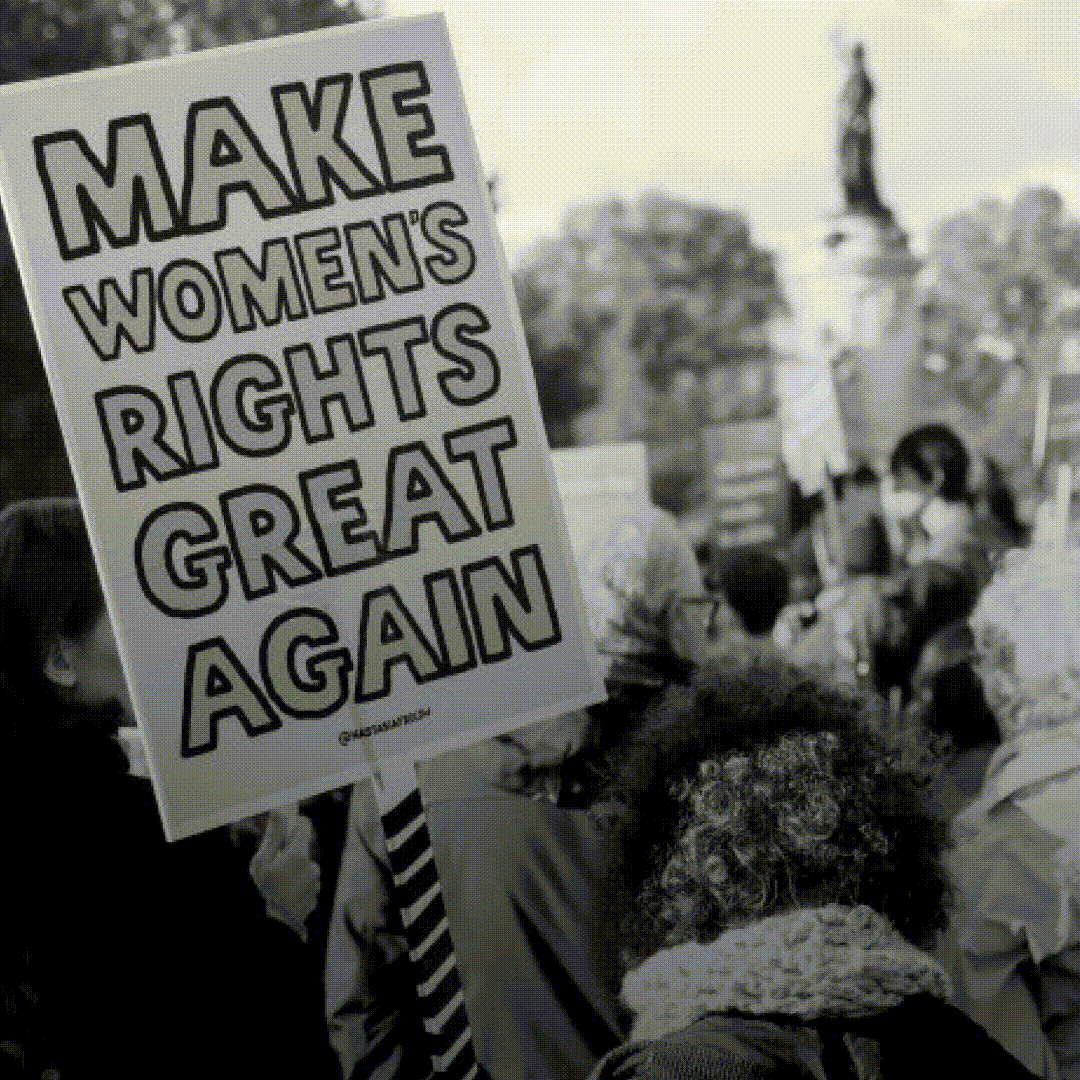 What is 16 Days of Activism Against Gender-Based Violence?
What is 16 Days of Activism Against Gender-Based Violence?“Misogyny, sexism, and women’s inequality are rife across the country”
By Mischa Anouk Smith
-
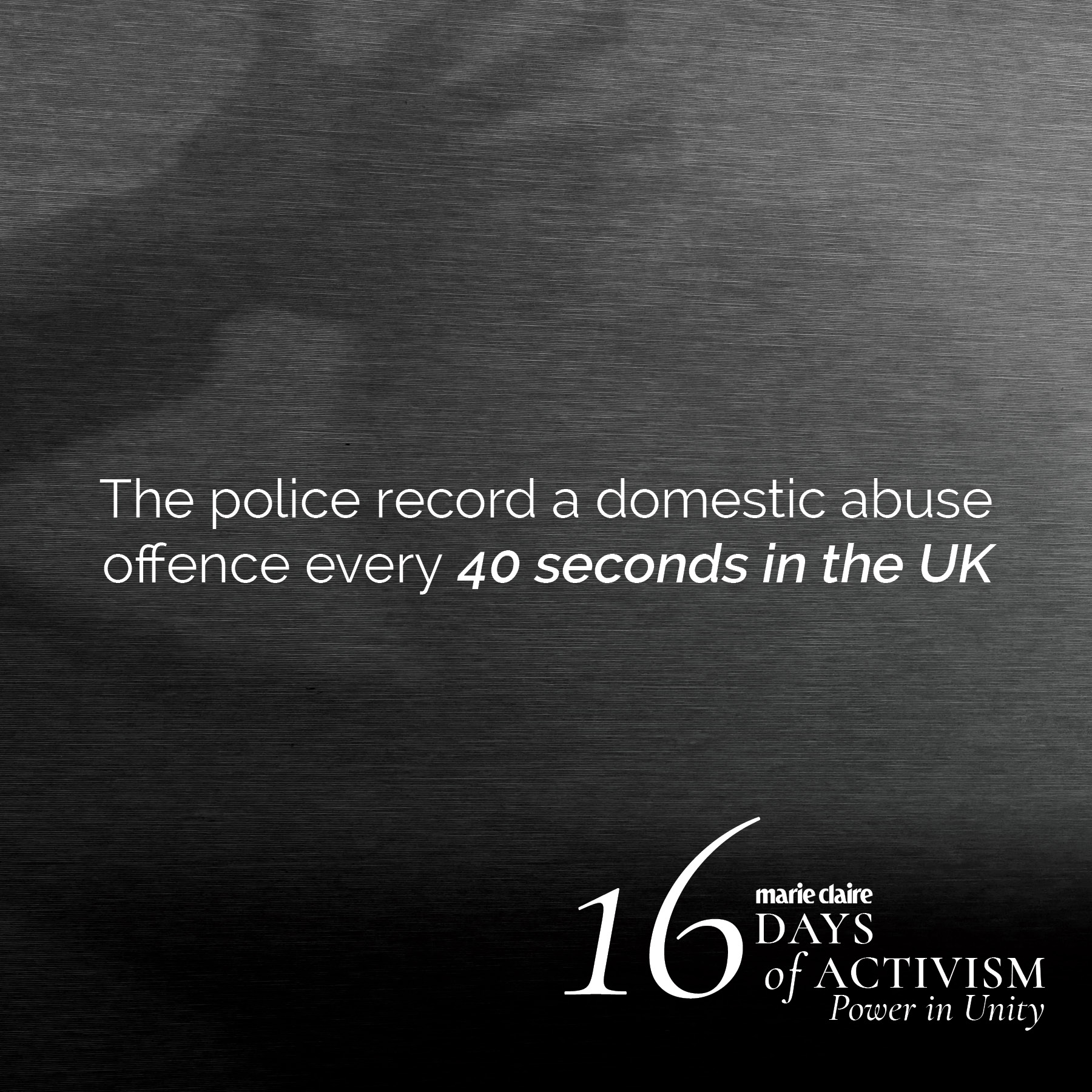 A woman is killed by a man every 2.7 days in the UK — the time to act is now
A woman is killed by a man every 2.7 days in the UK — the time to act is now25 shocking stats about the impact and scale of gender-based violence
By Mischa Anouk Smith
-
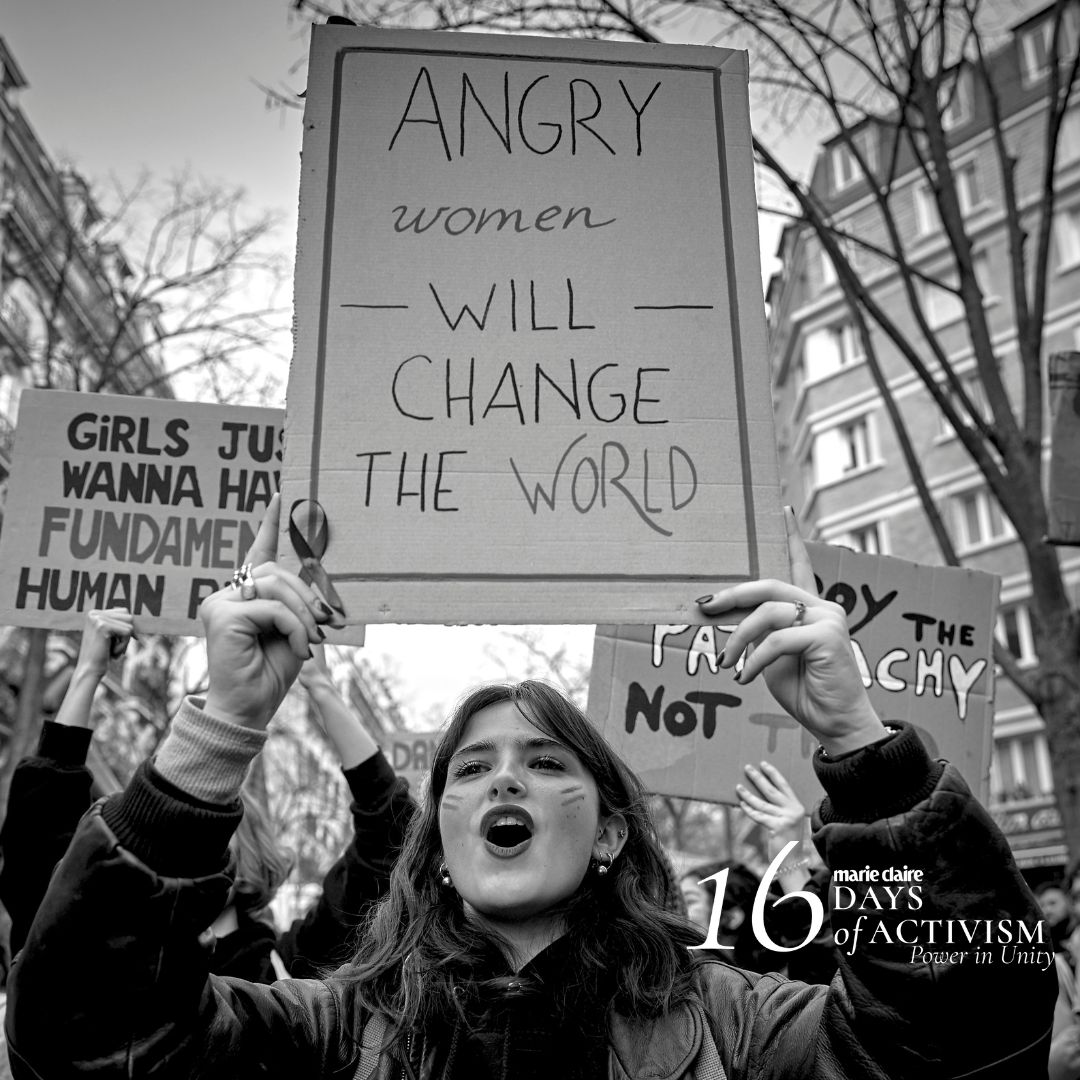 Know your rights—here’s everything you need to know about The Worker Protection Act
Know your rights—here’s everything you need to know about The Worker Protection ActKnow your rights—here’s everything you need to know about calling out sexual harassment
By Mischa Anouk Smith